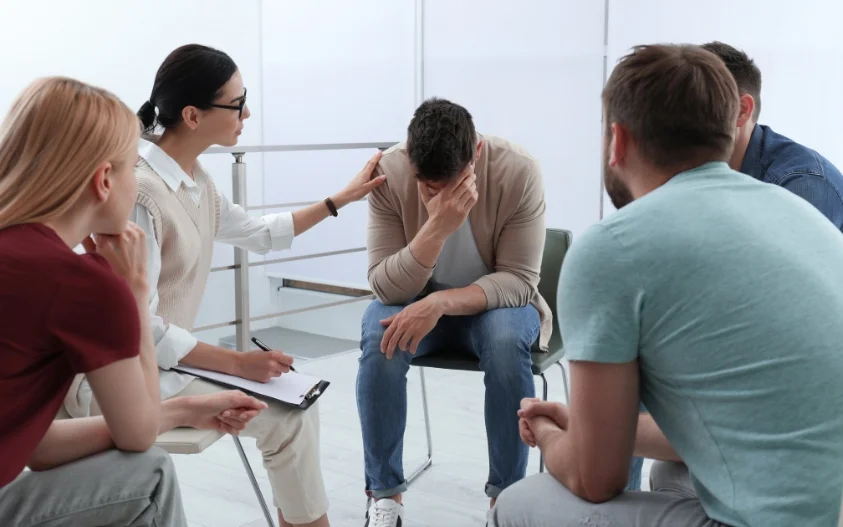24/7 Helpline:
(866) 899-221924/7 Helpline:
(866) 899-2219
Learn more about Eating Disorder Treatment centers in Union Springs

Other Insurance Options

Premera

Private insurance

Ceridian

Molina Healthcare

UMR

Horizon Healthcare Service

Multiplan

EmblemHealth

Health Choice

Evernorth

Covered California

Magellan Health

Regence

Holman Group

American Behavioral

GEHA

Ambetter

Optum

Aetna

United Health Care

East Central Mental Health
East Central Mental Health offers programming for individuals living with disabilities in Union Spri...







Chateau Recovery
Chateau Recovery provides a safe, peaceful, and comfortable environment to practice new lifestyle ch...

Acqua Recovery
Acqua Recovery provides evidence-based residential rehab center offering an intimate sanctuary for a...












































